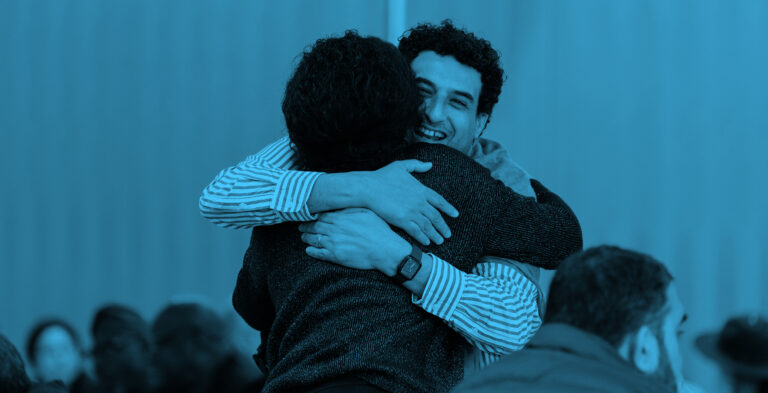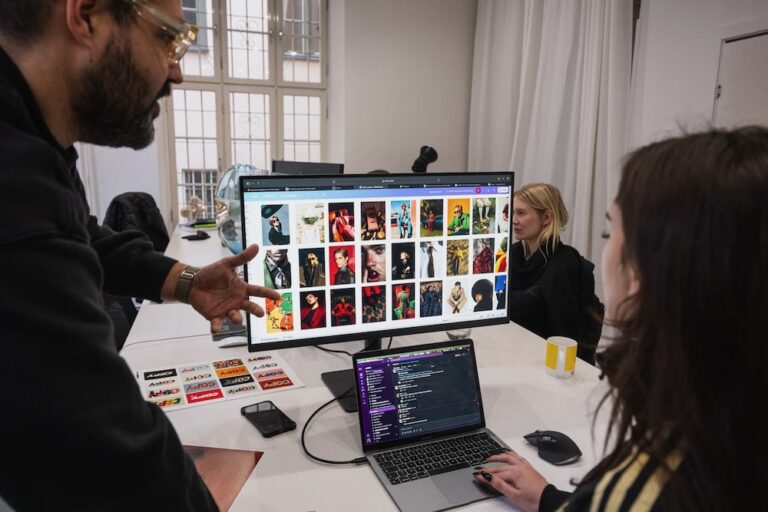(RSF/IFEX) – The following is an RSF press release: Grigory Pasko (Russia) Winner of the 2002 Reporters Without Borders – Fondation de France Prize The 2002 Reporters with Borders – Fondation de France Prize has been awarded to Russian journalist Grigory Pasko, who was sentenced to four years in prison for having denounced an act […]
(RSF/IFEX) – The following is an RSF press release:
Grigory Pasko (Russia)
Winner of the 2002 Reporters Without Borders – Fondation de France Prize
The 2002 Reporters with Borders – Fondation de France Prize has been awarded to Russian journalist Grigory Pasko, who was sentenced to four years in prison for having denounced an act of pollution. The Prize was remitted to Pasko’s wife, Galina Morozova, on Tuesday, 10 December 2002, at 8:45 a.m., at Espace EDF Electra in Paris, on the occasion of the anniversary of the Universal Declaration of Human Rights.
The nuclear pollution caused by the Russian military fleet in the Sea of Japan is far too critical a matter for Moscow to give the media any opportunity to investigate it any further. Their priority seems to be to muzzle the press, rather than deal with the ecological impact on Russia’s worried neighbouring countries. In his Vladivostok prison cell, Grigory Pasko knows this full well: his incarceration is a wake-up call for all journalists. The Russian military exacts a heavy toll on whoever dares to implicate them.
After having already spent 20 months in jail in 1997 and 1999 before he was even granted a trial, Grigory Pasko was put behind bars again, in December 2001, where he has been ever since, for the same reasons. Grigory Pasko was sentenced to four years in prison merely for having thoroughly investigated and written hundreds of articles about the pollution caused by the quasi-abandonment – with the complicity of the FSB (ex-KGB) – of the Russian military’s nuclear submarines, and for allegedly releasing images of the Russian fleet dumping radioactive liquids into the Sea of Japan. These images, which he filmed while working as a correspondent for the naval newspaper Boevaya Vakhta, were broadcast by the NHK Japanese television station, raising vigorous international protests. The FSB deemed these to be acts of “espionage” and “high treason”, and he was sentenced in 2001 by the Vladivostok Military Court. In June 2002, the Moscow Supreme Court upheld his sentence of four years in prison without parole. Most of his legal recourses having now been exhausted, Grigory Pasko is still languishing in prison, in the place of those who are responsible for the criminal pollution that he exposed.
Grigory Pasko is one of 110 journalists currently in prison around the world just for wanting to do their job. He is supported by several international media outlets, as part of the journalists’ sponsorship programme launched by Reporters Without Borders. These include M6, LCI, Le Nouvel Observateur, France Soir, RFI, Radio classique, France Culture, Phosphore, Le télégramme de Brest et de l’Ouest, le Club de la presse du Limousin, Essex Chronicle, Le Courrier, RTBF – Fréquence Wallonie and la Maison de la presse de Mons.
Over 500 journalists have been killed over the past decade for trying to keep us informed. In too many countries, a journalist can be killed or spend years in prison because of a word or a photograph. Imprisoning or killing a journalist gets rid of a vital witness to events and threatens everyone’s right to information. So Reporters Without Borders and the Fondation de France, through this 7,600 euro prize, reward a journalist who has shown devotion to freedom of information through their professional work or principled stand.
Previous winners have included Zlatko Dizdarevic (Bosnia-Herzegovina, 1992), Wang Juntao (China, 1993), André Sibomana (Rwanda, 1994), Chris Anyanwu (Nigeria, 1995), Isik Yurtçu (Turkey, 1996), Raúl Rivero (Cuba, 1997), Nizar Nayyuf (Syria, 1998), San San Nweh (Burma, 1999), Carmen Gurruchaga (Spain, 2000) and Reza Alijani (Iran, 2001), who was freed in December last year, a few weeks after being awarded the 10th Reporters Without Borders – Fondation de France Prize.
The five journalists nominated for the 11th prize were:
Gao Qinrong, of the Chinese official news agency Xinhua, who was sentenced in April 1999 to 13 years in prison for having investigated and written about a failed irrigation project in the Yuncheng region of Shanxi province (China);
Bernardo Arévalo Padron, founder of the Cuban independent news agency Línea Sur Press, who was jailed for six years in November 1997 for “insulting” President Fidel Castro and Vice-President Carlos Lage by calling them “liars” for not keeping promises of democracy they made at an Ibero-American Summit (Cuba);
Michèle Montas, head of Radio Haïti Inter, who has been fighting against impunity since her husband, journalist Jean Dominique, was murdered in April 2000 (Haiti);
Grigory Pasko, of the Russian ecology magazine Ekologiya i pravo, and former correspondent of the military paper Boevaya Vakhta, who was sentenced to four years in prison in 2001 for reporting that the Russian navy had dumped liquid radioactive waste into the Sea of Japan (Russia);
Myroslava Gongadze, a journalist for Radio Free Europe, who is fighting for the identification and punishment of those who murdered her husband, Georgy Gongadze, editor of the online paper www.pravda.com.ua, in September 2000. She is pushing for the establishment of international legal instruments to boost the safety of journalists and press freedom in Eastern Europe (Ukraine).
By rewarding one of these journalists, who symbolise press freedom in their countries, Reporters Without Borders and the Fondation de France are sending a message to the public that they need to take a stand in favour of press freedom.
The prize-winner was chosen by an international jury composed of:
Hamed Hamidzada (Afghanistan), Andrew Graham-Yooll (Argentina), Rubina Möhring (Austria), Mainul Islam Khan (Bangladesh), Olivier Basille (Belgium), Colette Braeckman (Belgium), Zlatko Dizdarevic (Bosnia-Herzegovina), Sebastião Salgado (Brazil), Maung Maung Myint (Burma), Ricardo Gonzalez (Cuba), M’Baya Tshimanga (Democratic Republic of Congo), Domenico Amha-Tsion (Eritrea), Francis Charhon (France), Noël Copin (France), Laurent Joffrin (France), Elise Lucet (France), Sabine Christiansen (Germany), Michael Rediske (Germany), Guy Delva (Haiti), Alessandro Oppes (Italy), Ricardo Uceda (Peru), Alexey Simonov (Russia), Fernando Castello (Spain), Vicente Verdu (Spain), Alice Petrén (Sweden), Laurence Deonna (Switzerland), Sihem Bensedrine (Tunisia), Alla Lazareva (Ukraine), Alan Rusbridger (United Kingdom) and Ben Ami Fihman (Venezuela).


